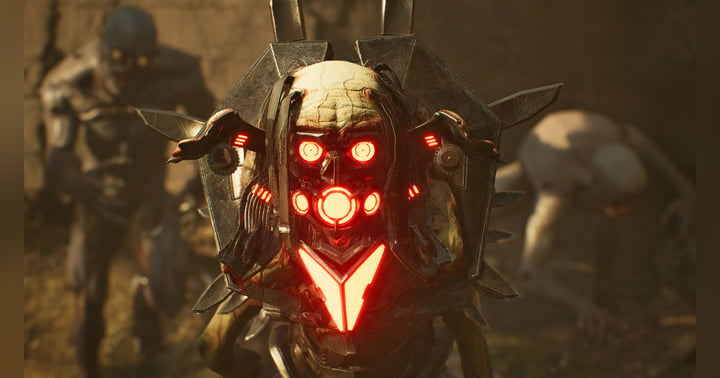The Importance of Fully Released Games in a Live-Service Era

The Value of Fully Released Games
Fully released games offer several advantages over episodic content or games designed primarily for ongoing monetization. Firstly, they provide a complete and cohesive gaming experience. Players can enjoy the entire story, explore the full world, and complete all the challenges without having to wait for additional content to be released. This creates a more satisfying and immersive experience for the player.
Secondly, fully released games allow developers to focus on creating a high-quality product. They do not have to worry about constantly releasing new content to keep players engaged, which can lead to rushed or unpolished releases. As a result, fully released games tend to be more polished and well-made than games designed for ongoing monetization.
Thirdly, fully released games can be more affordable for players. Instead of having to pay for each episode or additional content, players can purchase the entire game upfront. This can save players a significant amount of money in the long run, especially for games with multiple episodes or expansions.
The Rise of Episodic Content and Ongoing Monetization
In recent years, there has been a rise in episodic content and games designed primarily for ongoing monetization. This trend is largely due to the success of mobile games, which often use this model to keep players engaged and spending money.
Episodic content can be a good way to tell a story over a longer period of time, but it can also be frustrating for players who have to wait for each episode to be released. Additionally, games designed primarily for ongoing monetization often rely on microtransactions or other forms of in-game purchases to generate revenue. This can lead to a FOMO (fear of missing out) effect, where players who spend more money have more of the game available those who do not despite both parties paying full price.
The Negative Impact of Prioritizing Monetization
Prioritizing monetization over creating a fully released game can have a number of negative consequences. It can lead to rushed or unpolished releases. Developers may be more focused on getting the game out the door and generating revenue at the cries of shareholders than on creating a high-quality product. This can result in games that are buggy, incomplete, or simply not fun to play.
Additionally, microtransactions and other forms of in-game purchases can be addictive, leading players to spend more money than they intended. The average Fortnite player spends around $102 a month just for the extra cosmetics and in game tools that are available. Live service games offer themselves as “free to play” but ultimately wind up costing more than a standard game if you want the full experience.
Another concern is the type of separation this causes. While households in a comfortable income (around $100k a year) will see no issue with spending $100 to $200 a year on a single live game service, others may find it harder to enjoy as now their hobby and access is paywalled every few months.
The Importance of Delivering a Cohesive Gaming Experience
Developers should focus on delivering a cohesive gaming experience that is complete, polished, and affordable. This means creating a game that has a clear beginning, middle, and end, and that provides players with a satisfying experience without the need for additional content or in-game purchases.
By prioritizing quality over monetization, developers can create games that are more enjoyable, memorable, and ultimately more successful. They also allow those not enticed by the live service model to receive a full game experience as well without the pressure of using their gaming budget to by a $30 DLC to finally complete their story.
Conclusion: The Future of Gaming
The future of gaming is bright, but it is important for developers to focus on creating fully released titles that deliver a cohesive and satisfying experience for players. By avoiding the pitfalls of episodic content and ongoing monetization, developers can create games that will stand the test of time and continue to be enjoyed by gamers for years to come.
Listen to the related episode EA's Decision to Put Dead Space Back on Ice for a deeper discussion on this topic.











